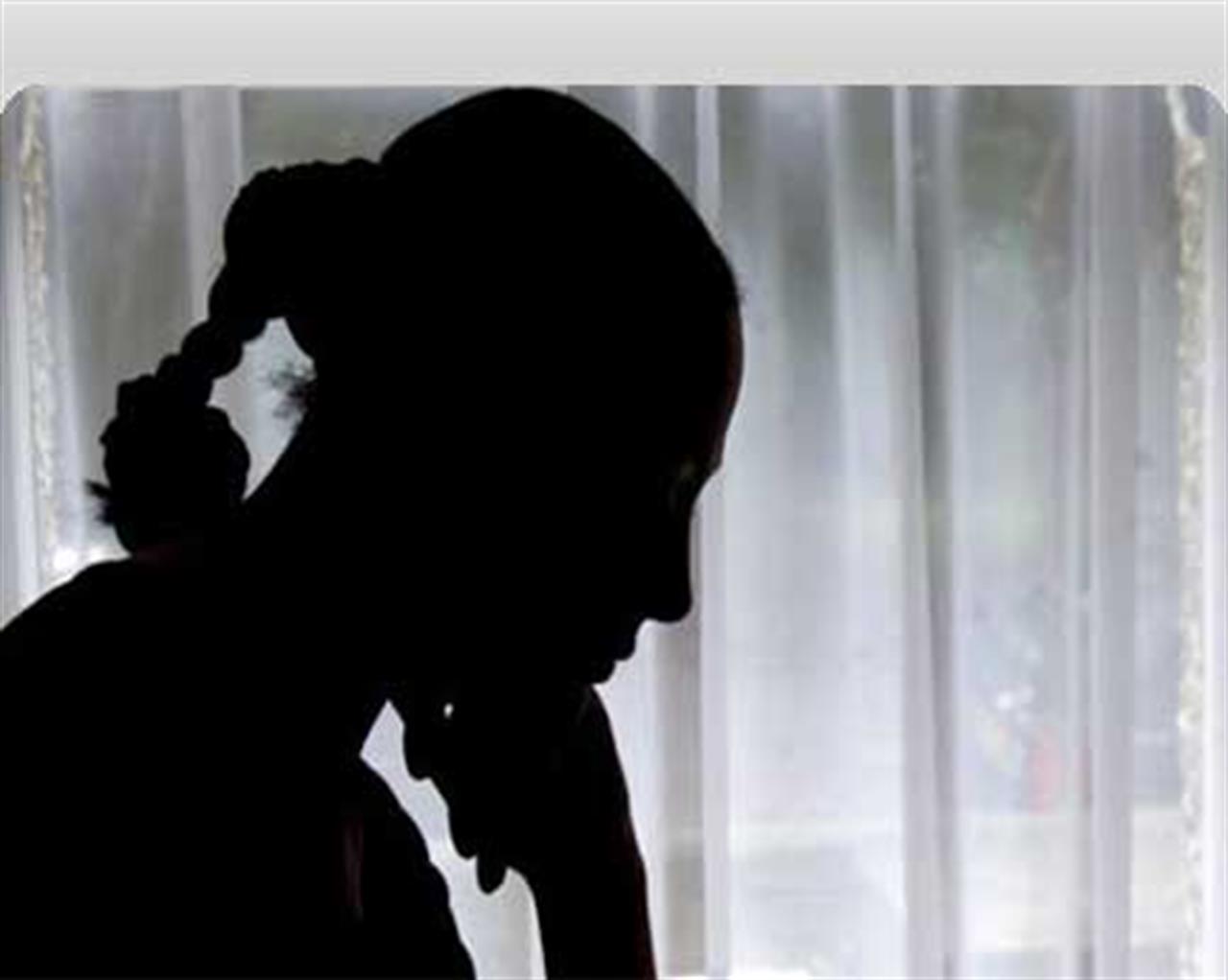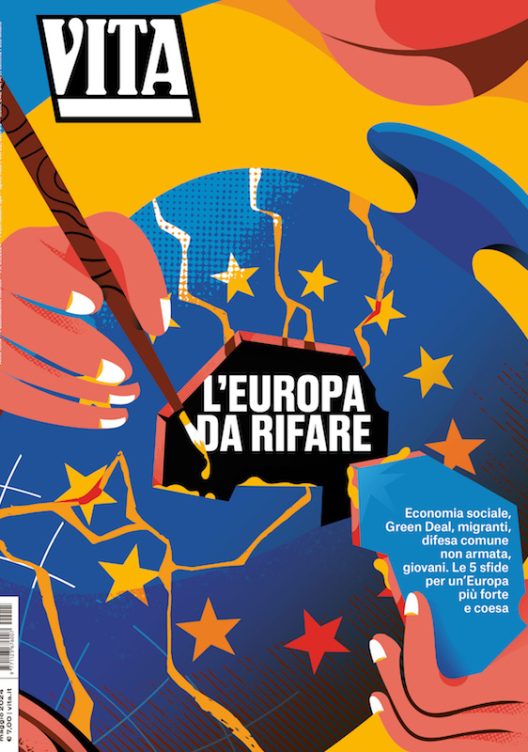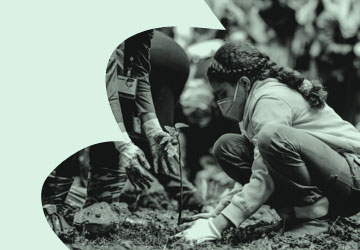Attivismo civico & Terzo settore
Domestic violence: field worker reacts to shock campaign
Grace Lee answers questions on the Haven's activities in Wolverhampton fighting domestic violence.
di Rose Hackman

On Monday April 6, Women’s Aid released their latest anti domestic violence campaign featuring Keira Knightley. The international film star appears in a two-minute video, directed by Joe Wright, who also worked with the actress in Atonement and Pride and Prejudice. Knightley is seen being beaten up by her partner as she comes home from a day of work. The television and cinema ad campaign hopes to collect funds and raise awareness about domestic violence, which statistics say kill two women a week. Some critics in the UK have called the campaign “distasteful”, citing the difference between actual victims and hard-to-believe celebrity facsimiles.
“It’s a great move”, says Grace Lee, 23, who works for The Haven Wolverhampton as public relations officer, nevertheless warning against a possible “glamourisation of a very serious problem”.
The Haven is a local organisation which has been working to help women subjected to domestic violence in Wolverhampton, in the West Midlands, England, since 1973. It is one of the largest independent charities in the UK, counting 5 refuges, equipped to accommodate up to 46 women and children at any time, employing 65 staff, together with an extra 50 volunteers.
Lee shares her insight about the battles that still have to be fought, the Keira Knightley ad campaign and best practices in helping affected women and their children.
What brought you to work for The Haven in Wolverhampton?
This was really the perfect job for my profile. I had done a similar communications job with Oxfam, and I wrote my university dissertation on domestic violence. It has been just under a year, and I am truly very happy to be here, and be working on something I strongly believe in.
The Haven is just over 35 years old, what would you say have been the milestones reached in that time in terms of combating domestic violence on the ground and in courts?
I think real progress has been made since the start. You know, we started out as a little hostel equipped for 8 people. Now we receive 8000 phone calls a year, 3000 of which result in a form of to active help. Today people are more aware of the problem too, so they’re slightly more willing to talk.
In terms of sentencing times have thankfully changed together with the raised awareness, we have come quite a way. People are more likely to go the whole way, i.e. not drop the charges. Courts have been made more friendly to the women. For example, victims do not have to be present during the trial, as evidence can now be given by video links. If they do choose to come in, victims will come in from different entrances of the court than the perpetrators.
Getting women not to drop the claims is where the key area of prevention lies. Today, more people are being convicted, whereas homicide rates in our area have dropped by half since 1997.
There is still a long road ahead though. Opinions that these things only happen to working class women, or women from ethnic minorities remain widespread. That is just not the case. Domestic violence affects people from all backgrounds, of all nationalities and all ages.
How do you feel about the recent release of the Women’s Aid campaign advertisement headed by Keira Knightley? How much can it help?
I think it’s a great move by Women’s Aid for our common cause. When there is a celebrity endorsement, people do tend to take more notice, which is something we need.
Of course the bad side of it is that the problem is being glamourised, when there is nothing glamourous about it.
But the message being given out here is that domestic violence can happen to all people, including celebrities. Something we all saw in the press recently with Rihanna’s incident.
Would you say that this is a deeply ingrained societal problem then?
That’s the million dollar question really.
Sometimes it is frustrating to hear that people still do not consider domestic violence to be a crime. One of the opinions that we have to tackle with more or less on a daily basis is “why don’t they just leave?”
If I can just put it into statistics, 90% of women are more likely to experience extreme violence from their partner after they have left the relationship. This puts it into context as to why many women might stay for fear of their lives, for fear of hurting their children, to protect the rest of their families. As such, a vast part of our work is done through our helpline service for women who just want to talk on the phone.
When people start to realise that the real harm lies during the process of leaving or after leaving, it’s then very difficult to say “well why didn’t she leave?”
Many women say they wouldn’t let it happen to them but I think that until you are in that situation you just cannot tell what you would do.
As a society we still need to get over that idea that it’s private, it’s none of our business because it’s happening behind closed doors. You know two women are killed a week in the UK as a result of domestic violence. There is more that could be done, and we need to change public perception: that’s where it starts.
Would you say people’s perception that women’s rights have already come such a long way has taken the issue of domestic violence off the main agenda?
Yes, that could be one of the reasons definitely.
People think that a lot has been done, and then they tend to forget that more still needs to be done. In terms of work, women are still so far behind, with very few of us being in executive and managerial positions.
But in this case, I think a lot of women think that their rights are being compromised when experiencing domestic violence. Not to live in fear of violence and in fear of losing your life is not just a woman’s rights, it’s a basic human right.

